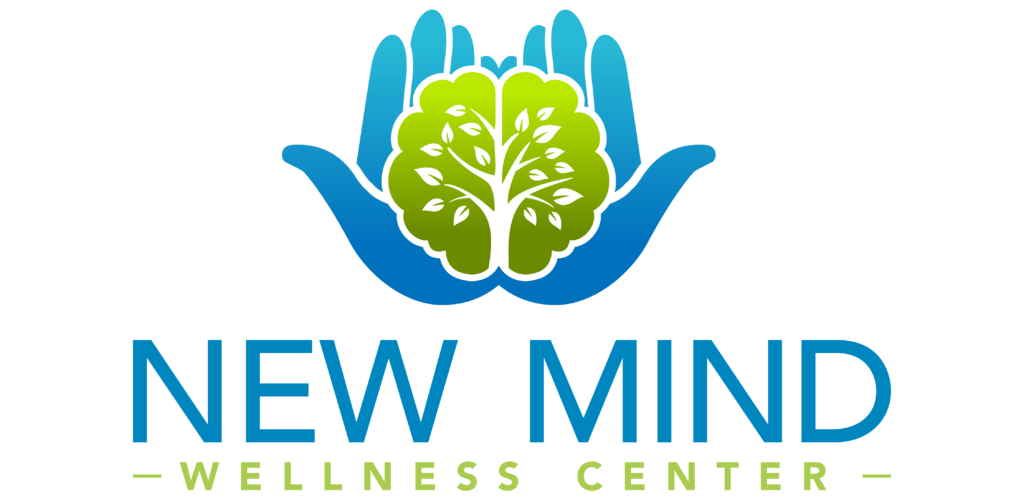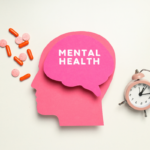
Most Common Depression Medication
Treatment for depression typically includes both medication and therapy. When you understand the features and potential drawbacks of the many depression medications that are available, you will be best prepared to work with your treatment provider to find the med that’s right for you.
To learn more about mental health recovery options in Philadelphia, call us today or verify your insurance online. We look forward to helping you get started on your personal recovery journey.
Why Are There So Many Medications for Depression?
Depressive disorders are among the most common mental illnesses in the U.S. and throughout the rest of the world. Though people often think of depression as one condition, this term can refer to a variety of depression disorders, including:
- Major depressive disorder (MDD)
- Persistent depressive disorder
- Premenstrual dysphoric disorder
- Postpartum depression
- Disruptive mood dysregulation disorder
Each of these disorders can affect different people in different ways. Also, a person’s experience with depression can be impacted by anxiety, posttraumatic stress disorder (PTSD), and a host of other co-occurring mental health concerns.
As researchers have gained greater insights into the many potential causes and effects of depressive disorders, they have developed a variety of medications to help alleviate the symptoms that these conditions can cause.
Having a range of mental health medication options allows treatment professionals to select the med or meds that best address each patient’s specific needs.
Common Depression Medication
Many of the most commonly prescribed antidepressants are from the following four categories:
SSRIs
SSRI stands for selective serotonin reuptake inhibitor. This category includes some of the best known and most frequently prescribed depression medication, such as:
- Citalopram (Celexa)
- Escitalopram (Lexapro)
- Fluoxetine (Prozac)
- Paroxetine (Paxil)
- Sertraline (Zoloft)
When fluoxetine (Prozac) earned approval from the U.S. Food and Drug Administration (FDA) in 1987, it became the first SSRI to be available in the United States. By 1990, it was the nation’s best-selling antidepressant.
As the category name implies, SSRIs focus on serotonin, a neurotransmitter that is associated with functions such as mood, learning, and memory:
- Typically, neurons (nerve cells) will release serotonin into the synapses, or small gaps that separate these cells.
- Once the serotonin delivers its message, the sending cell reabsorbs it, so that it can be used again.
- SSRIs prevent this reabsorption from occurring, which leads to a buildup of serotonin in the synapses. The effects of this buildup can include improved mood.
Many experts credit Prozac with changing how the general public viewed depression and other mental illnesses, as well as altering how these conditions are treated. Prozac’s success led to the development of other SSRIs as well as another new category of antidepressants, SNRIs.

SNRIs
SNRIs are serotonin-norepinephrine reuptake inhibitors. In addition to preventing nerve cells from reabsorbing serotonin, SNRIs also have a similar impact on norepinephrine, a chemical messenger that is associated with the body’s “fight or flight” response.
Elevated levels of norepinephrine have been linked with greater attention and alertness, as well as improved memory. Diminished levels of this neurotransmitter have been associated with symptoms of depression.
Depression medication in the SNRI category include the following:
- Desvenlafaxine (Pristiq)
- Duloxetine (Cymbalta)
- Levomilnacipran (Fetzima)
- Milnacipran (Savella)
- Venlafaxine (Effexor)
In 1993, Venlafaxine (Effexor) became the first SNRI to earn FDA approval.
Tricyclics
Available in the U.S. since 1959, tricyclics were among the most commonly used antidepressants before the introduction of SSRIs and SNRIs. The term “tricyclic” refers to the fact that drugs in this category have three rings in their chemical structure.
Examples of tricyclics include:
- Amitriptyline (Elavil)
- Amoxapine (Asendin)
- Desipramine (Norpramin)
- Nortriptyline (Aventyl)
- Trimipramine (Surmontil)
In terms of symptom reduction, many tricyclics perform as well as SSRIs and SNRIs. However, tricyclics are more likely to cause distressing side effects, such as:
- Confusion
- Dizziness
- Blurred vision
- Constipation
- Dry mouth
- Abnormal heart rate
- Weight gain
The intensity of these effects caused many people to stop taking the medications, which is one of the reasons why tricyclics were replaced by SSRIs and SNRIs as first-line antidepressants. However, physicians may still prescribe them to patients who do not respond well to other types of depression medication.
MAOIs
Monoamine oxidase inhibitors (MAOIs) are a bit older than tricyclics, with a history that dates to the early 1950s. These drugs act on a naturally produced enzyme that breaks down norepinephrine, serotonin, and several other neurotransmitters. MAOIs stop these enzymes from performing this function, thus boosting the amount of these neurotransmitters within a person’s system.
Examples of MAOIs include:
- Isocarboxazid (Marplan)
- Phenelzine (Nardil)
- Selegiline (Zelapar)
- Tranylcypromine (Parnate)
As with tricyclics, MAOIs have been associated with several unpleasant side effects. They also interact poorly with some foods and other substances, which means that people who take depression medication from this category must adhere to strict diet and medication guidelines.
For example, patients who take MAOIs are advised to avoid some types of meat and fish, avocados, bananas, cheeses, fava beans, and alcohol. Ignoring these restrictions while taking an MAOI could lead to a substantial spike in blood pressure, which in severe cases could result in a potentially fatal cerebral hemorrhage.
Also, taking an MAOI in combination with other antidepressants could lead to a serious (and also potentially fatal) condition called serotonin syndrome.
Find Depression Treatment in Philadelphia
In addition to the many types of medication discussed in this post, depression treatment can also include a variety of therapies and support services. With so many options, it is important to find a provider that will review your history, assess your needs, and then develop a customized treatment plan just for you.
When you choose New Mind Wellness, that’s exactly what you can expect. Our team will take the time to get to know you as a unique individual, so that we can be sure we are providing the focused services that can put you on the path toward improved health and a more hopeful future.
At our depression treatment center in Philadelphia, Pennsylvania, you can take part in multiple levels of outpatient care, including a partial hospitalization program (PHP), an intensive outpatient program (IOP), and outpatient rehab (OP). Every step of the way, you will be in a safe and welcoming place, supported by a team of dedicated professionals who truly care about you.
To learn more about how we can help you or a loved one, or call us today or head over to our admissions page to begin the process now!




